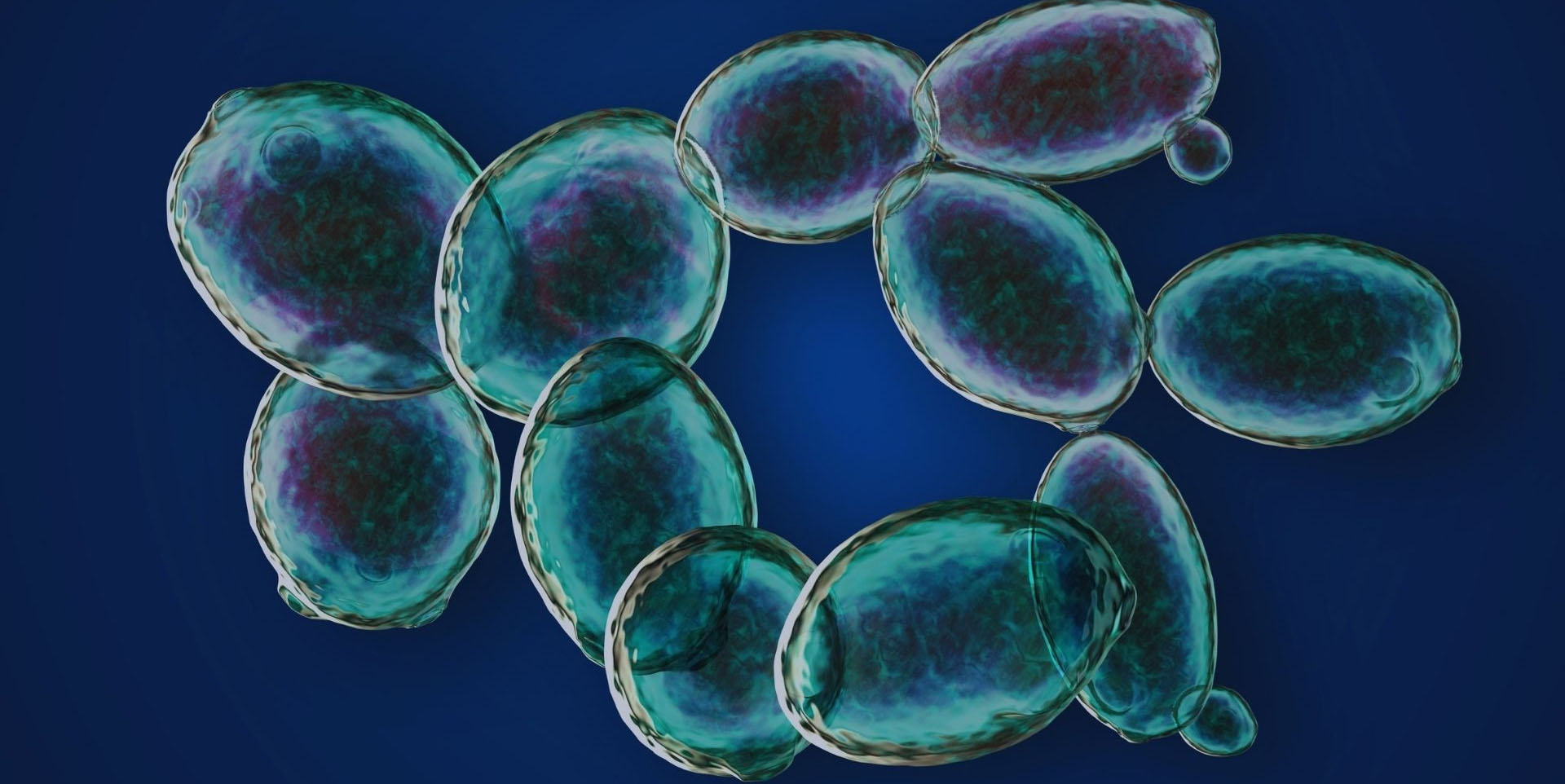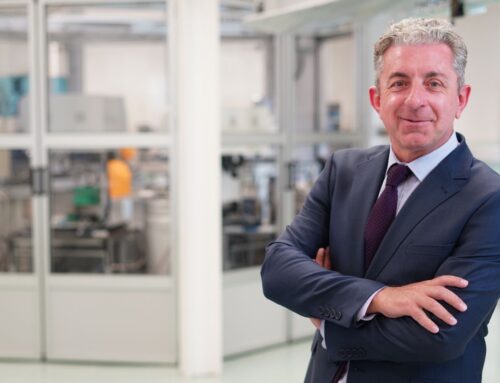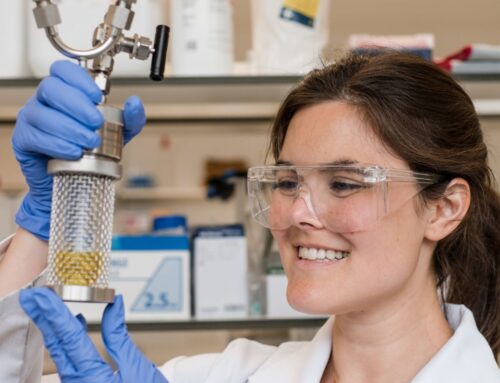Phenotypeca, the innovative biotech start-up and generator of the world’s largest collection of diverse baker’s yeast strains, is enabling improved yields and precision fermentation capability for its customers by pioneering the enhanced use of its platform for animal-free recombinant protein production.
Breathing new life into the use of baker’s yeast for medicine manufacture, Phenotypeca combines the breeding of naturally diverse yeast strains with next-generation genomics techniques. This revolutionary approach is addressing some of the world’s biggest healthcare challenges by making the manufacture of recombinant proteins faster, cheaper, and animal-free, while also reducing the overall impact on the environment.
The use of recombinant proteins in medicine
Therapeutic recombinant proteins date back to the 1980s when human insulin was created in bacteria to treat diabetes. Prior to this discovery, insulin was obtained from animal sources. Recombinant proteins are non-native proteins produced by engineered cell factories that can be used to treat and prevent disease.
With Phenotypeca’s unique platform, baker’s yeast, an ingredient used for centuries in bread and wine manufacture, can be used to improve the production of recombinant proteins. Baker’s yeast has the added advantage of being generally regarded as safe and easy to engineer for a variety of protein products thanks to a wealth of genetic research. Unlike bacterial systems, yeast produces and folds proteins in a similar way to human cells, facilitating the production of human-compatible antibody fragments and other therapeutics. It is also a much more sustainable alternative to using animal cell systems, which are not only slow-growing, expensive to maintain and difficult to scale, but also use more energy and CO2.
Recombinant antibodies and antibody-based products, which help the immune system to recognise pathogens or cancer cells, can also be efficiently produced in baker’s yeast. Additionally, virus-like particles (VLPs) – non-infectious assemblies of viral proteins – have led to breakthroughs in vaccine development for major diseases including hepatitis B and more recently malaria.
Global demand for recombinant proteins
Worldwide, more than 170 recombinant proteins are currently produced for use in therapies and vaccines. This number is set to increase over the next few years, when yeast biofactories will have an unprecedented impact on lowering the cost and increasing the accessibility of medicines to all who need them, not just in the wealthy western countries.
Read more about Phenotypeca’s cutting-edge innovation here: Phenotypeca kicks off lab 4.0 project.




